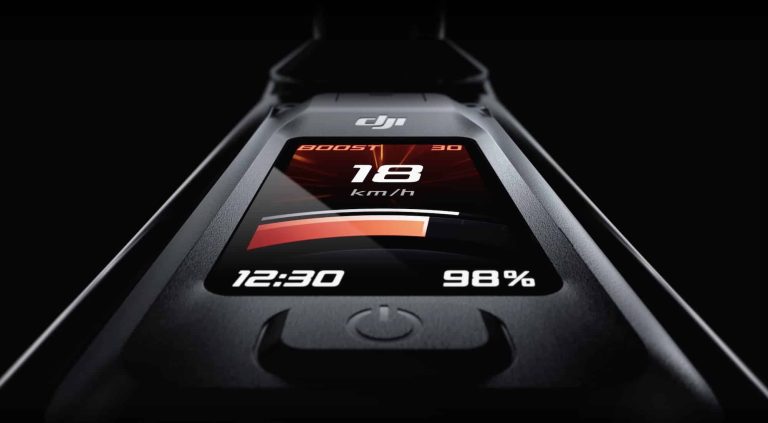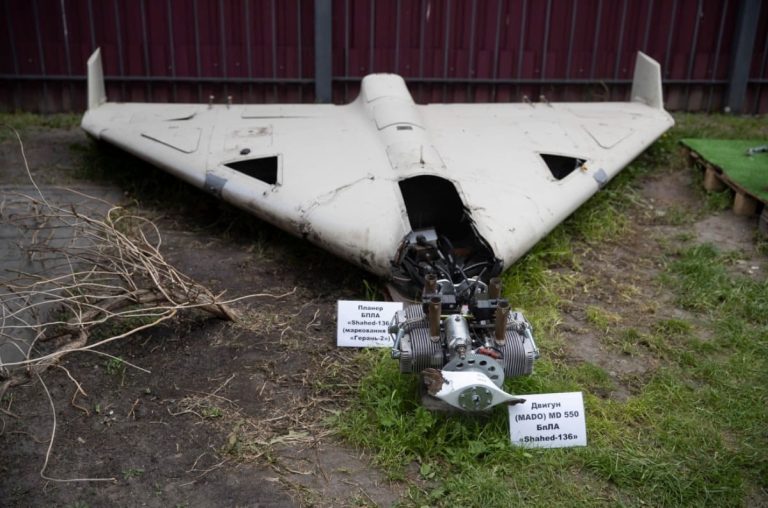DJI, the Drone Industry titan, is accelerating its expansion into the electric bike market, with its Avinox motor expected to power a wave of new bikes at Eurobike 2025, held in Frankfurt, Germany, from June 25–29, reports MBR. This surge in DJI-powered e-bikes underscores the company’s strategic shift beyond its 70% dominance of the global drone market, as it leverages lightweight motor technology to disrupt the cycling industry.
Eurobike 2025: A Showcase for DJI’s Avinox Motor
The Avinox motor, known for its 850-watt peak power and 105 Nm of torque at just 5.5 pounds (2.5 kg), is poised to be a centerpiece at Eurobike, Europe‘s largest cycling trade show. Industry insider Jamie Darlow predicts, “We’ve heard rumblings that over a dozen brands could have new bikes with the DJI Avinox motor,” highlighting the motor’s growing adoption. Recent sightings at the China Cycle Show in May, including the Velduro Rogue with 160 mm travel priced at $6,700 USD (£6,000), suggest Eurobike will unveil similar high-performance, competitively priced models. Brands like Forbidden, with its Druid CorE, and Unno, with the Mith e-bike, are already integrating Avinox, signaling a broader trend.

Amflow E-Bike Sets the Stage
DJI’s Amflow PL Carbon Pro, powered by Avinox, exemplifies the company’s e-bike ambitions. Recently updated with 2026 Fox 36 Factory forks, SRAM Eagle Transmission drivetrain, and a 840 Wh removable battery, it delivers 150 mm of travel for $6,700 USD (£5,500). Its power-to-weight ratio of 340 watts per kilogram rivals Mahle’s M40 and Bosch’s CX Gen 5, positioning DJI as a formidable player. The Amflow‘s success, coupled with the anticipated Eurobike launches, shows DJI’s ability to challenge established brands like Specialized, whose Turbo Levo S-Works costs $13,200 USD (£12,500) for comparable power.
Diversification Amid Regulatory Pressures
DJI’s push into e-bikes aligns with its broader diversification into robotics, including the upcoming DJI Romo robotic vacuum cleaner, and prior automotive motor applications. This shift mitigates risks from rising anti-China sentiment in the U.S. and Europe, where DJI faces scrutiny as a “Chinese Military Company.” More recently DJI raised eyebrows in the U.S. with the removal of geofencing, potentially enabling drones to enter restricted airspace. By entering less regulated markets like e-bikes, DJI leverages its drone-derived motor expertise to maintain growth.
Competitive Landscape and Industry Impact
The e-bike market is in a power race, with DJI’s Avinox competing against Mahle’s 850-watt M40 and Bosch’s 750-watt CX Gen 5. DJI’s advantage lies in affordability and lightweight design, as seen in the Teewing Turbo Force at $5,800 USD (£5,500).
Darlow notes, “Riders will vote with their wallets, and snap up the growing number of higher powered DJI-powered bikes,” suggesting DJI’s pricing strategy could pressure competitors to lower costs or innovate.
With the global e-bike market projected to reach $55.7 billion by 2030, DJI’s Eurobike presence could redefine industry standards.
DJI’s Avinox-powered e-bike surge at Eurobike 2025, alongside ventures like the DJI Romo robotic vacuum cleaner, marks a pivotal moment in its evolution from drone leader to multi-industry innovator. By delivering high-performance, cost-effective solutions in cycling and home automation, DJI is poised to reshape diverse markets while navigating global challenges.
Photos courtesy of DJI.
Discover more from DroneXL.co
Subscribe to get the latest posts sent to your email.


















+ There are no comments
Add yours